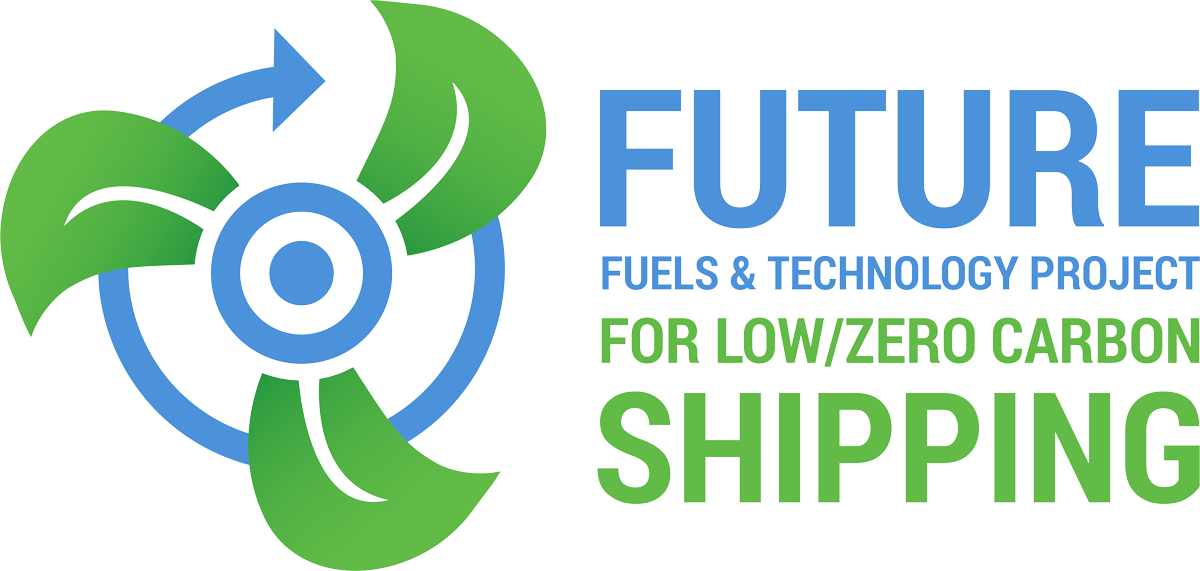To firmly ensure the research on CO2 reduction in shipping by depicting advantages and disadvantages of bio-ethanol as an alternative fuel for shipping decarbonization
Sector: Energy
Recommendations for Design and Operation of Ammonia-Fueled Vessels Basd on Multi-disciplinary Risk Analysis
To understand the risks of using ammonia, including primarily toxicity, onboard fires and explosions and provide the safeguards that can be implemented to reduce them to tolerable levels
Oil Analysis & Forecast to 2028
To provides analysis, data, and information on the demand, supply, refining, and logistics distribution of petroleum resources. Based on the current data identified, the paper predicts the demand and supply of fuel oil energy resources on land and at sea until 2028 and provides related information. In addition, the outlook for international petroleum-based energy is analysed based on development information on new and renewable energy produced by region, especially in the Middle East and Asia, including China and India.
Energy Transition Outlook 2023 Transport in Transition: A deep dive into fuels, electricity, and infrastructure
To deeply analyze the transition of electrification, infrastructure, and fuel use in the transport sector for the next 30 years, focusing on fossi fuels, electricity, biofuels, hydrogen, and hydrogen-based fuels (e-fuels)
Power-2-Fuel Cost Analysis
To analyze the production, distribution, and storage costs of various e-fuels and the total costs of ownership (TCO) for using these fuels in vehicles and ships
Maritime Forecast to 2050
To analyze the current state of the shipping industry’s carbon emission reduction transition and the prospects for new technologies and stretegies, including ship design and fuel selection, necessary to achieve full net-zero
Commercial Readiness of Absolute Zero GHG Technologies
ZESTAs’ paper discusses findings from the MARIN NL Model for ESSF SAPS, which compares various marine fuels’ greenhouse gas emissions over a 100-year Global Warming Potential (GWP), noting that some fuels produce 0% emissions over this period. Only technologies reaching at least demonstration stage (TRL7 or higher) are considered. Additionally, references are made to Technology Readiness Levels (TRLs) and Commercial Readiness Levels (CRLs) following expanded definitions presented to ISWG-GHG 14 by IMO Secretariat, DNV, and Ricardo plc on 22nd March 2023.
Potential of Hydrogen as Fuel for Shipping
To identify the potential for adopting hydrogen as a marine fuel by examining the production capacity, the regulatory landscape, and technologies along with techno-economic analyses and risk-based case studies
Economic value of methanol for shipping under fuelEU maritime and EU ETS
To evaluate the economic viability of bio-methanol and e-methanol as sustainable marine fuels within the regulatory frameworks of FuelEU Maritime and the EU Emissions Trading System (ETS). The report provides an analysis of compliance pathways and the economic incentives for adopting these fuels compared to fossil fuels such as VLSFO, emphasizing the penalties for non-compliance. The findings support the potential of these regulations to facilitate a transition to sustainable fuels by creating a stable investment environment for fuel producers and encouraging adoption by shipping operators.
CIMAC Guideline ISO 8217:2024-FAQs
To provide answers to FAQs regarding the ISO 8217:2024 marine fuel specifications, focusing on clear and systematic explanations of the key changes in the new standard, and particularly, addressing questions about the inclusion of higher percentages of biofuel in fuels.

